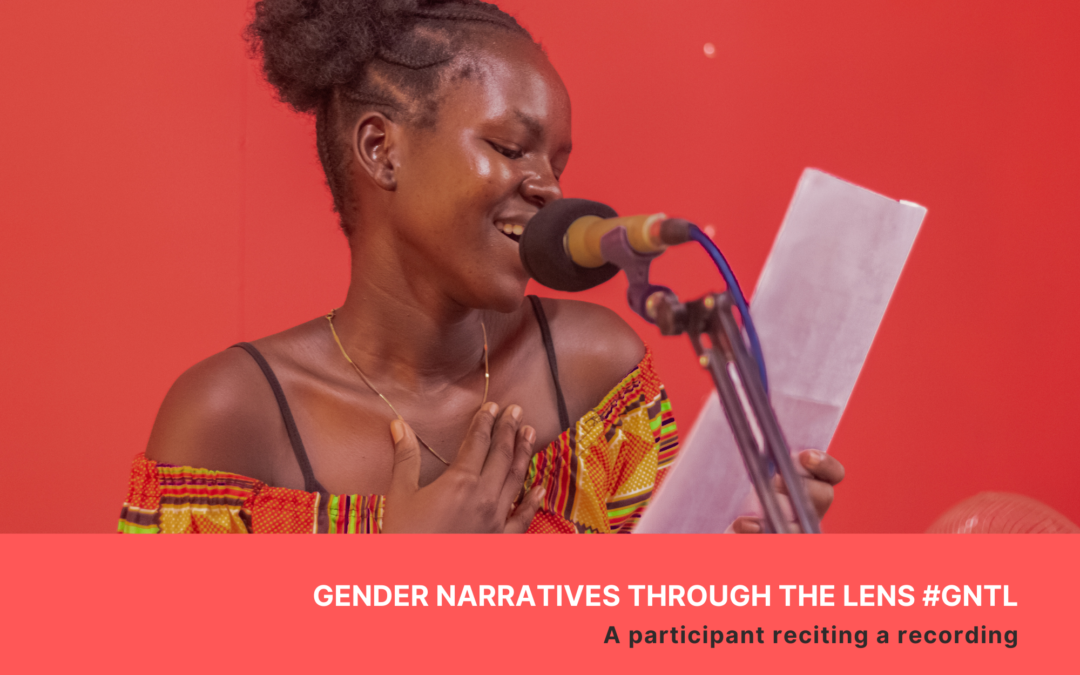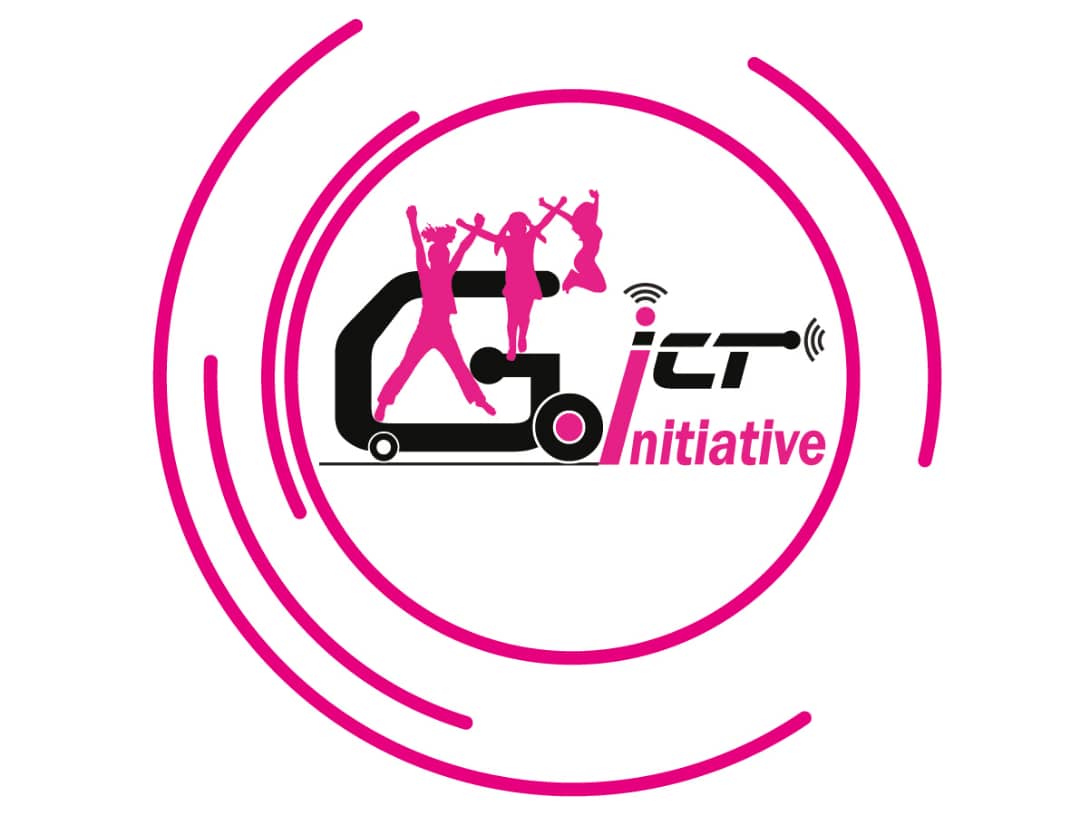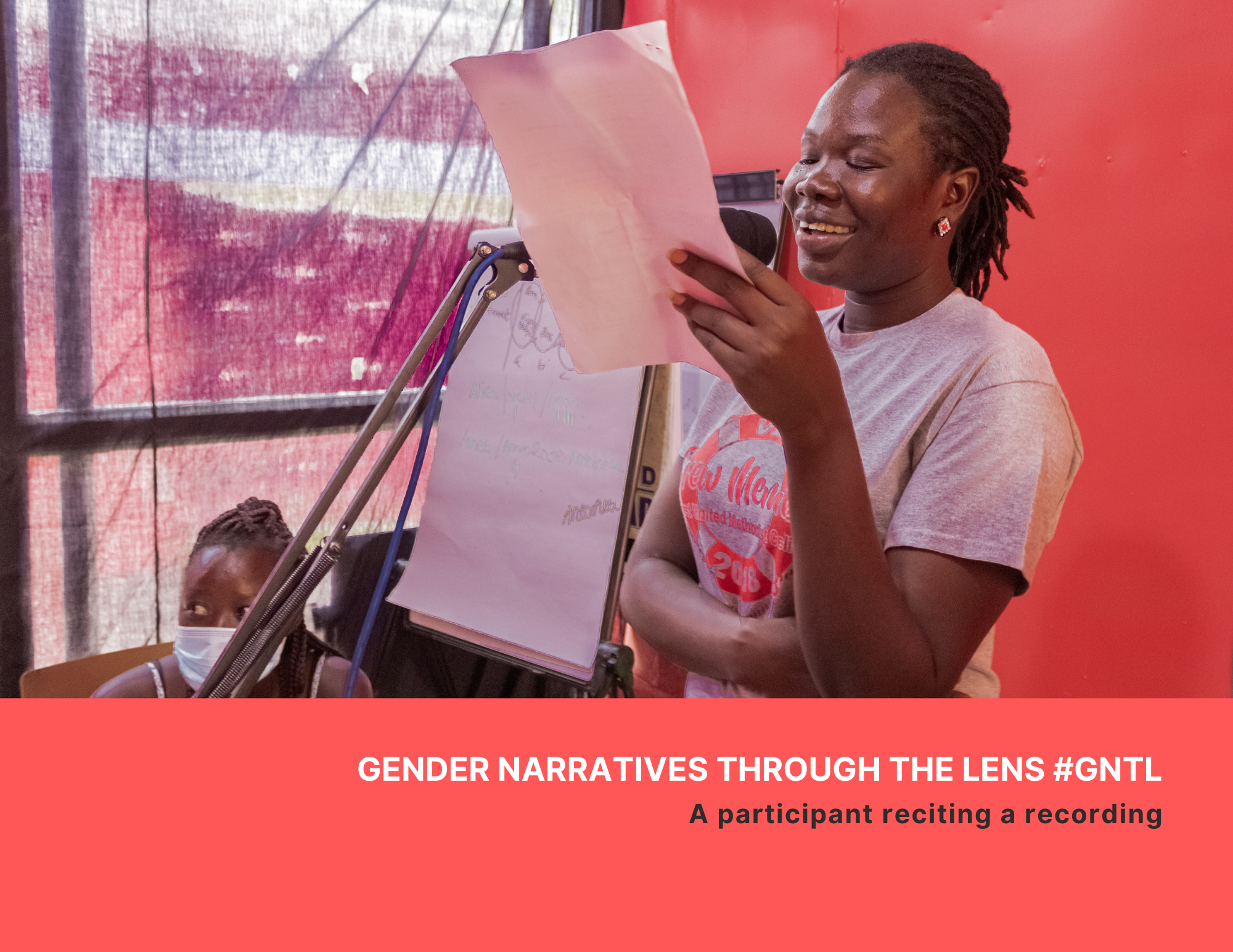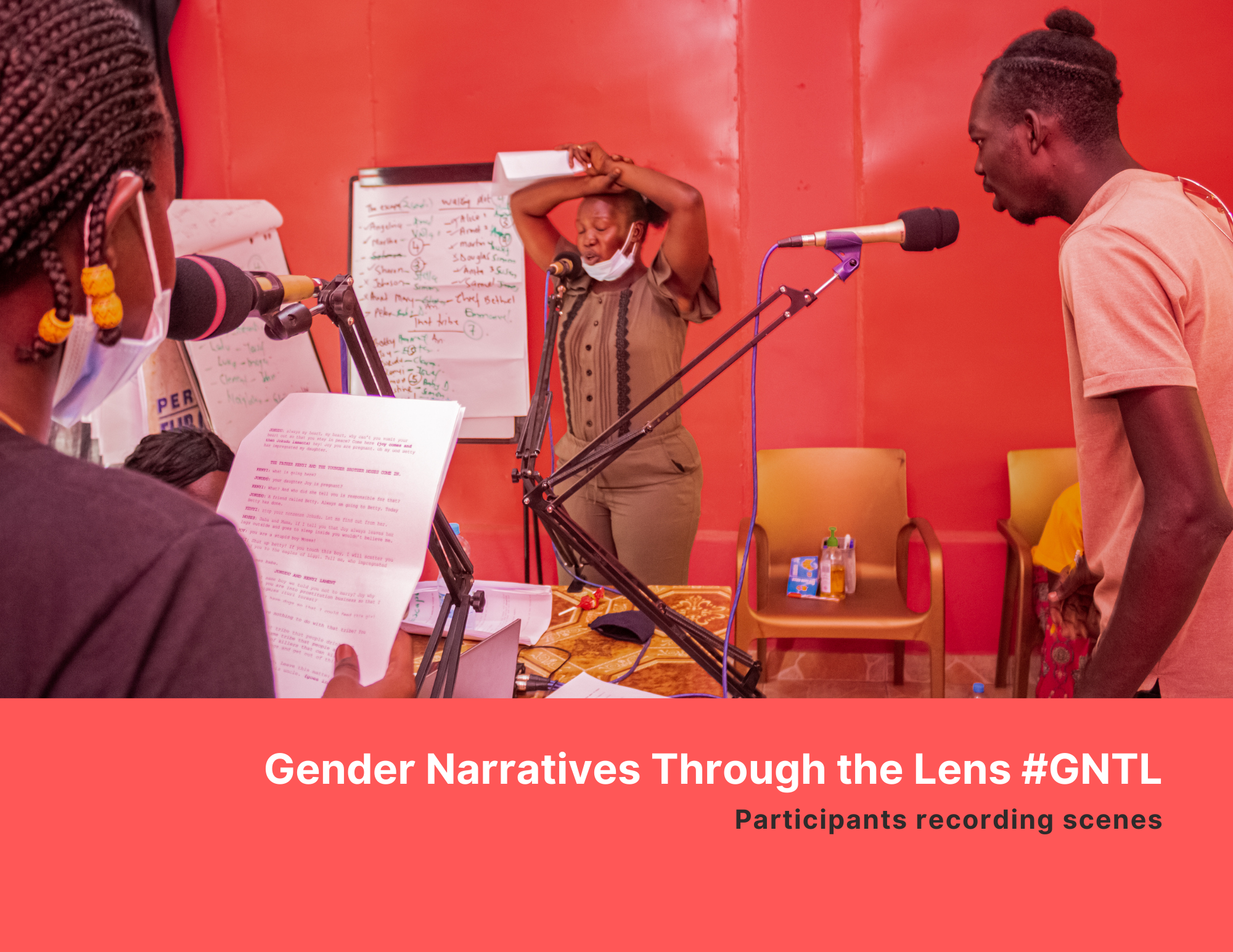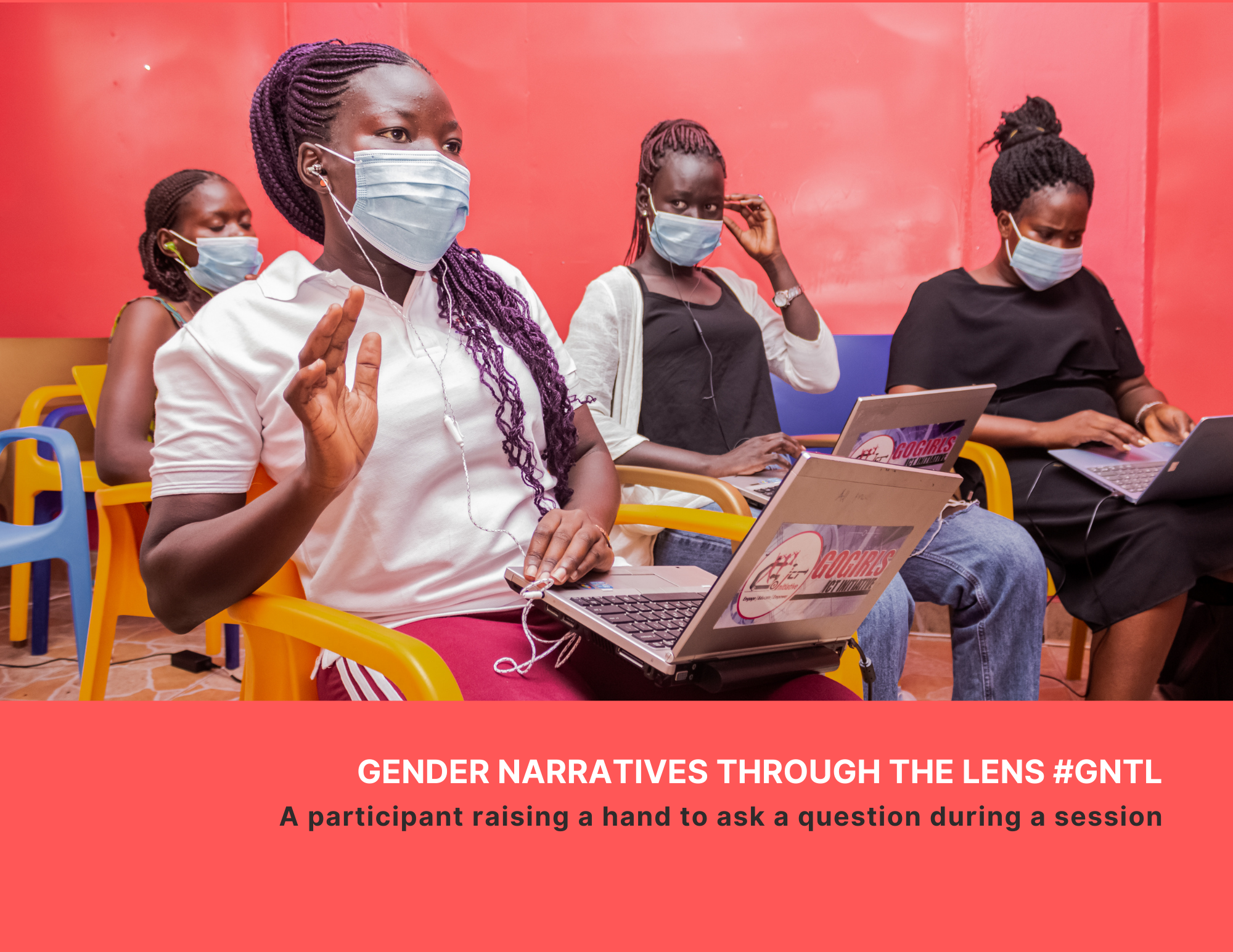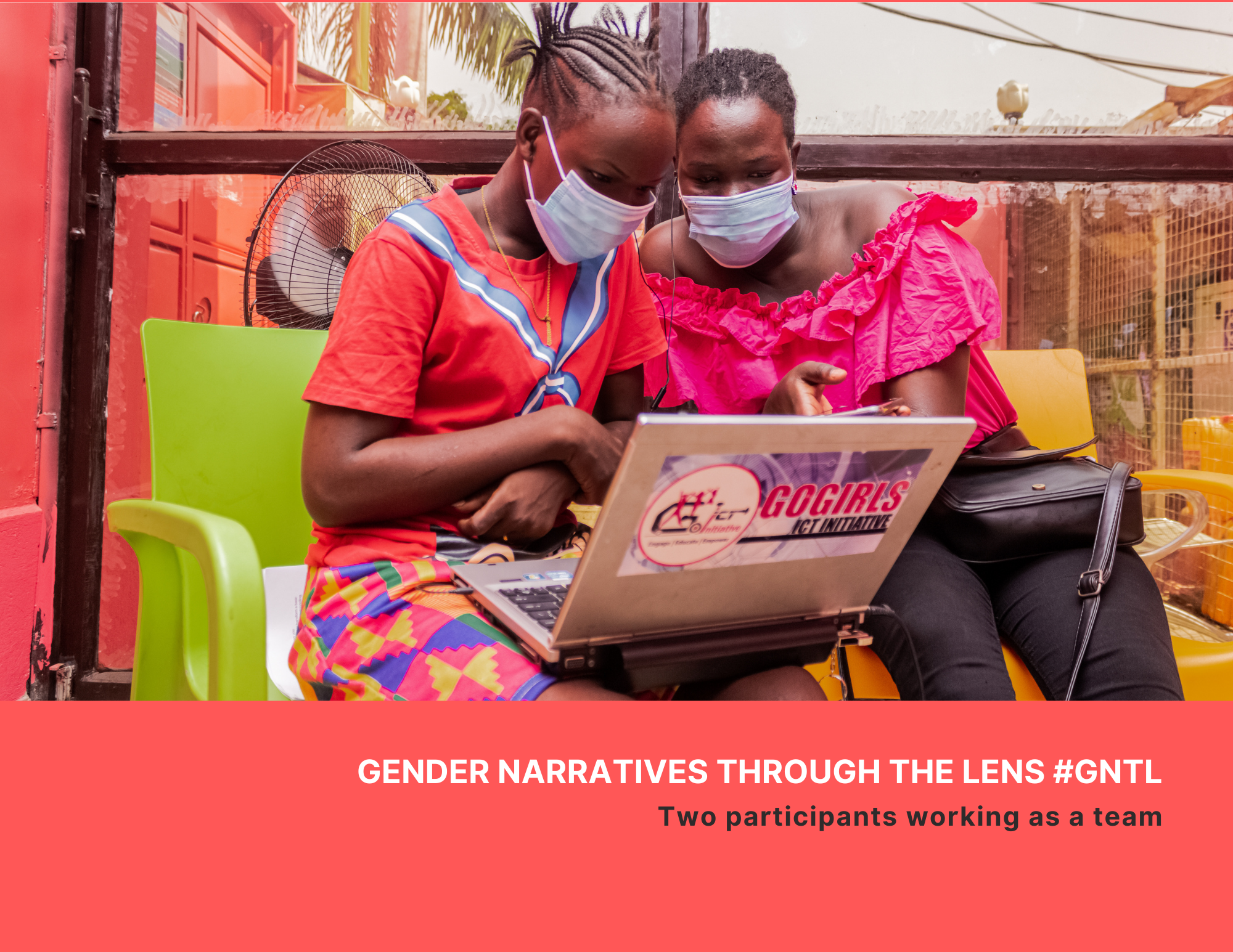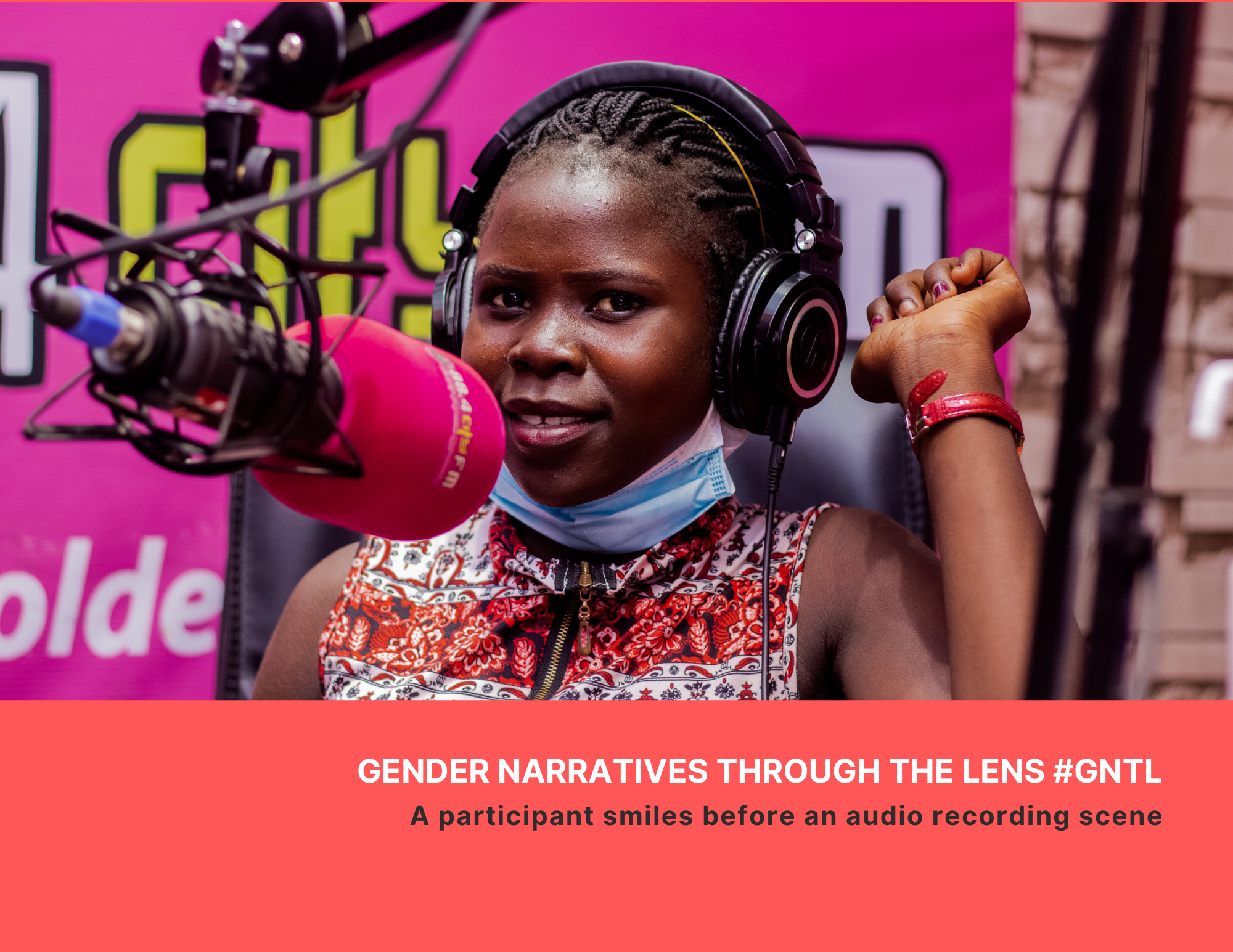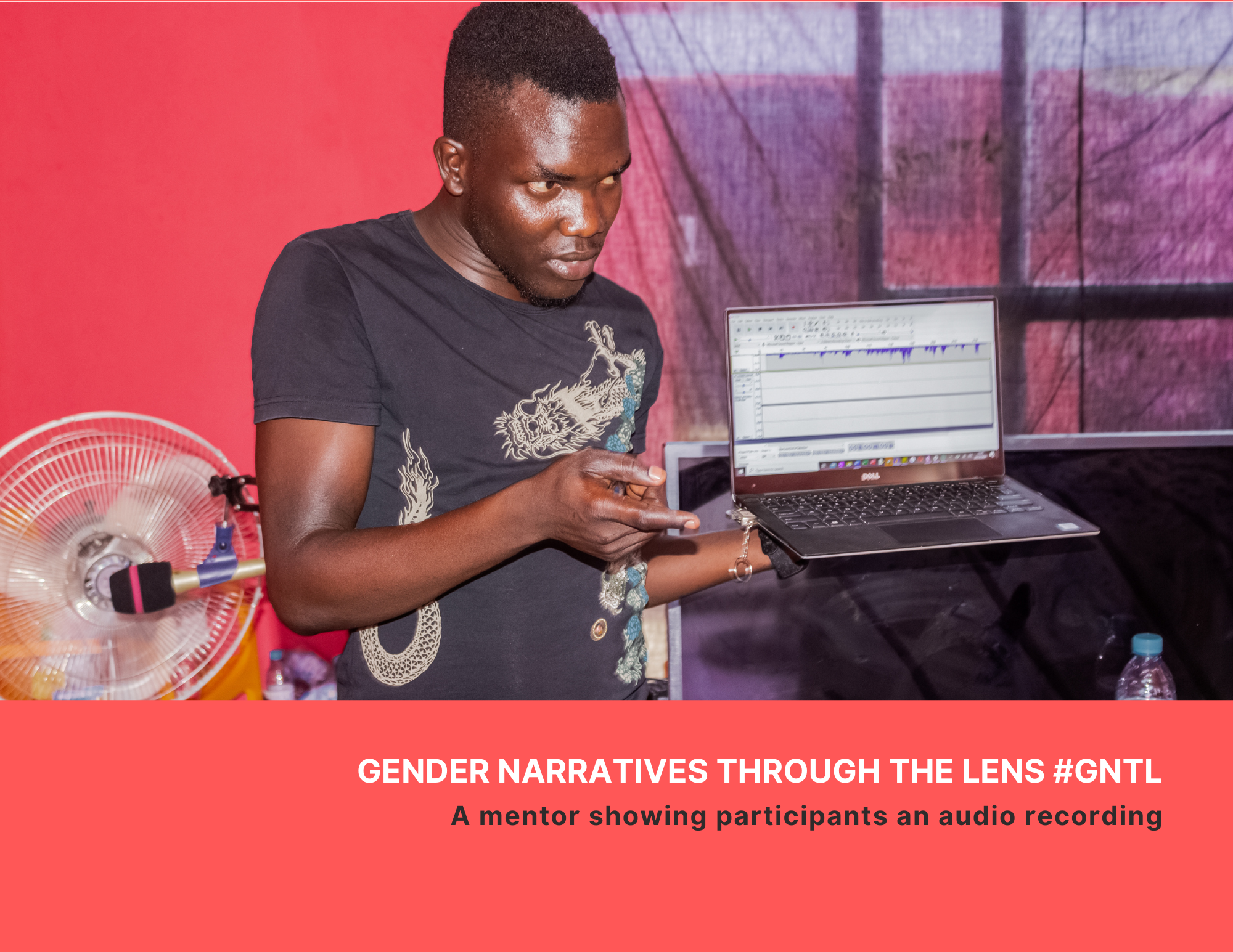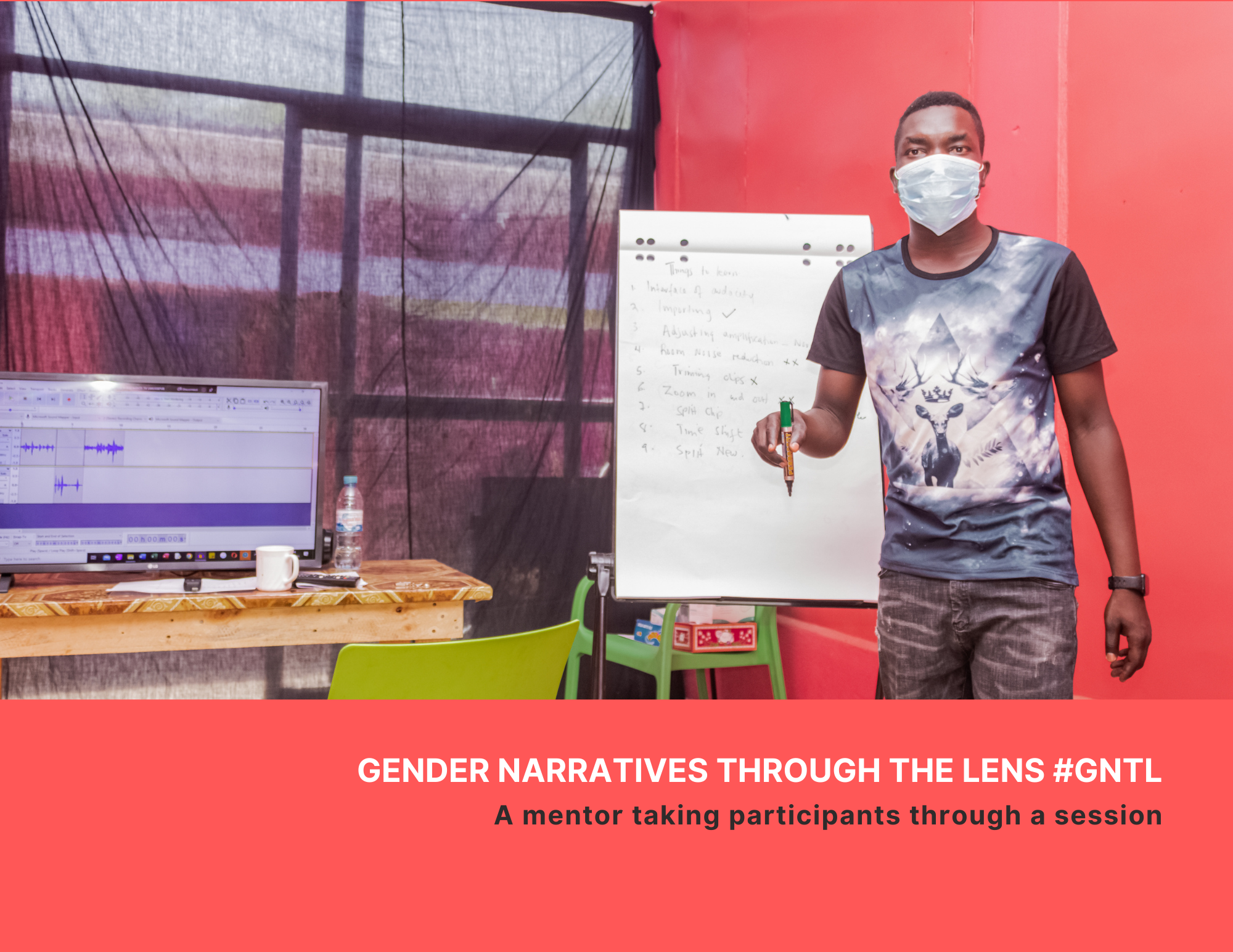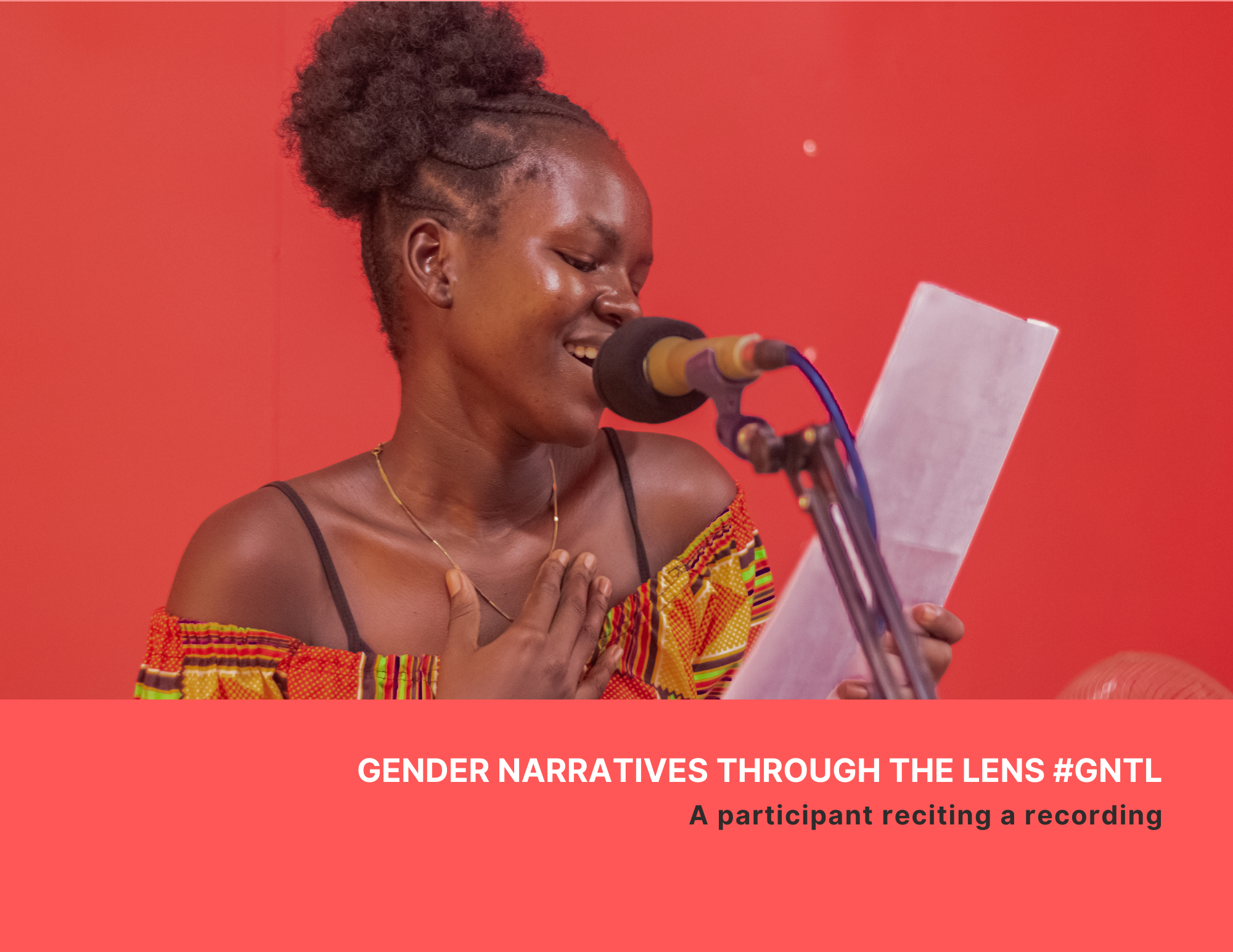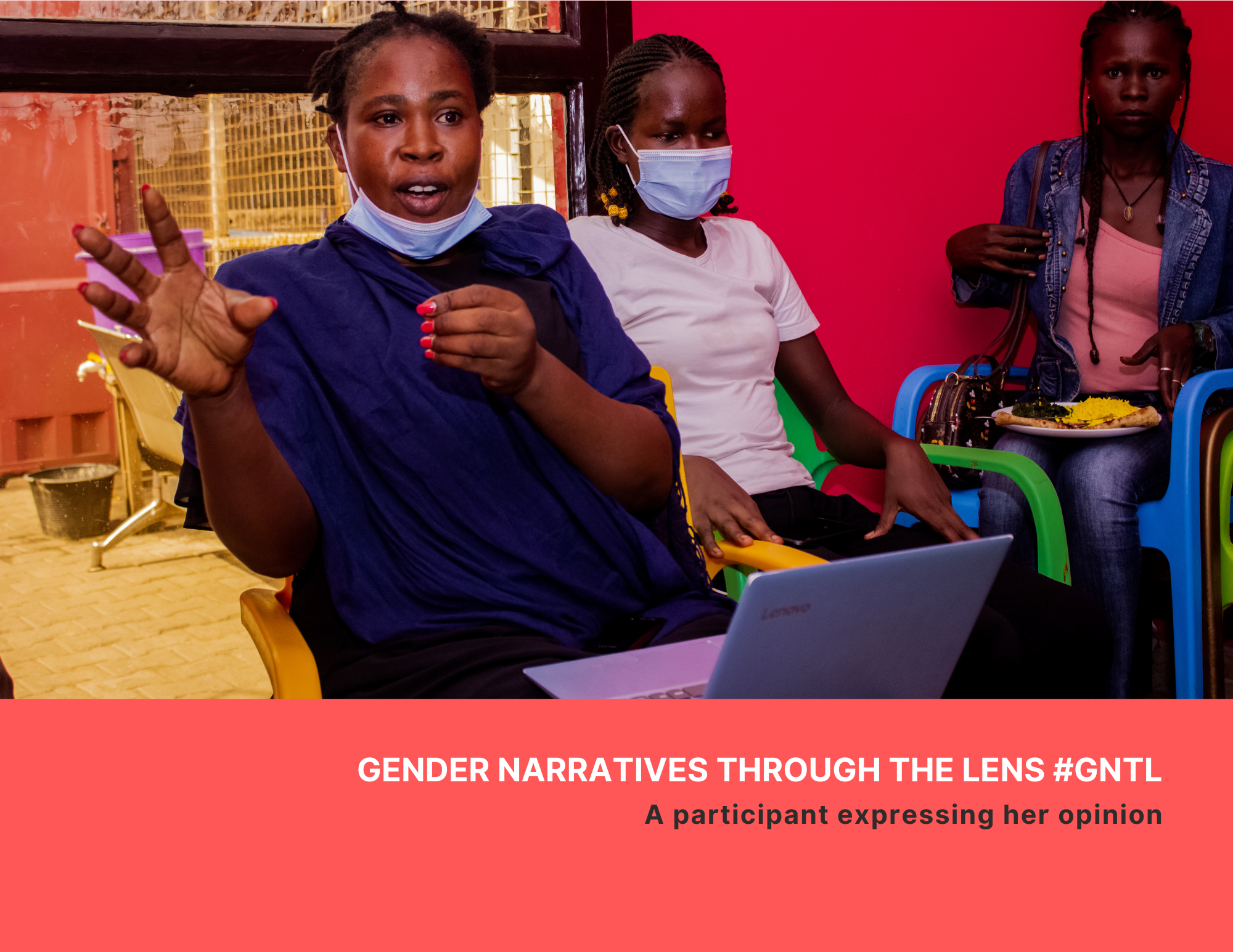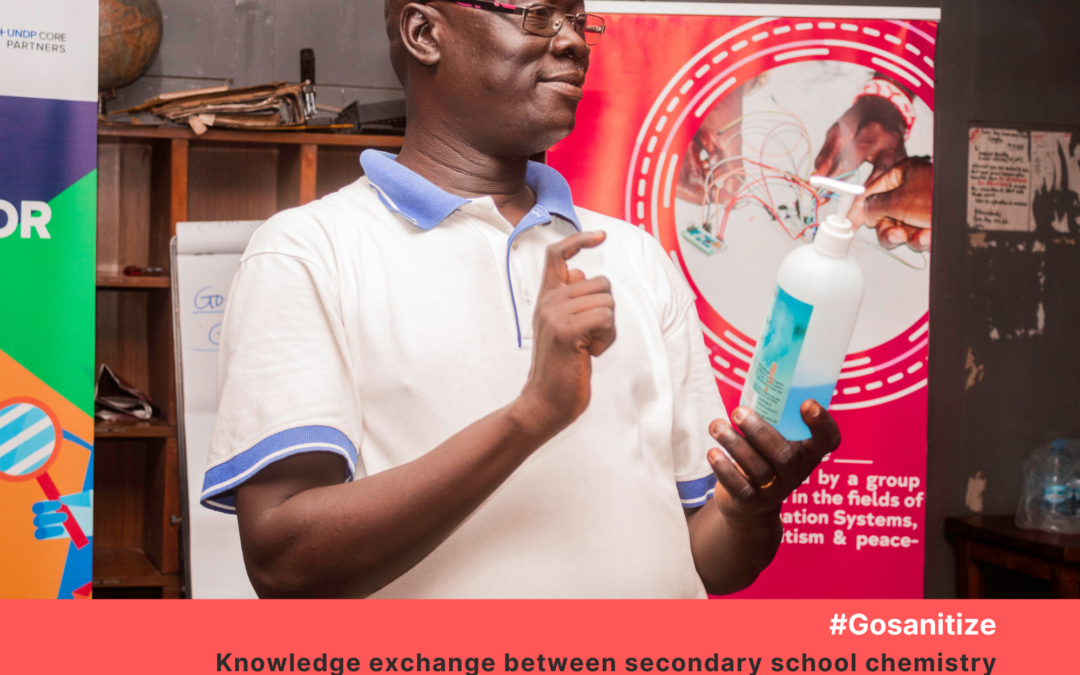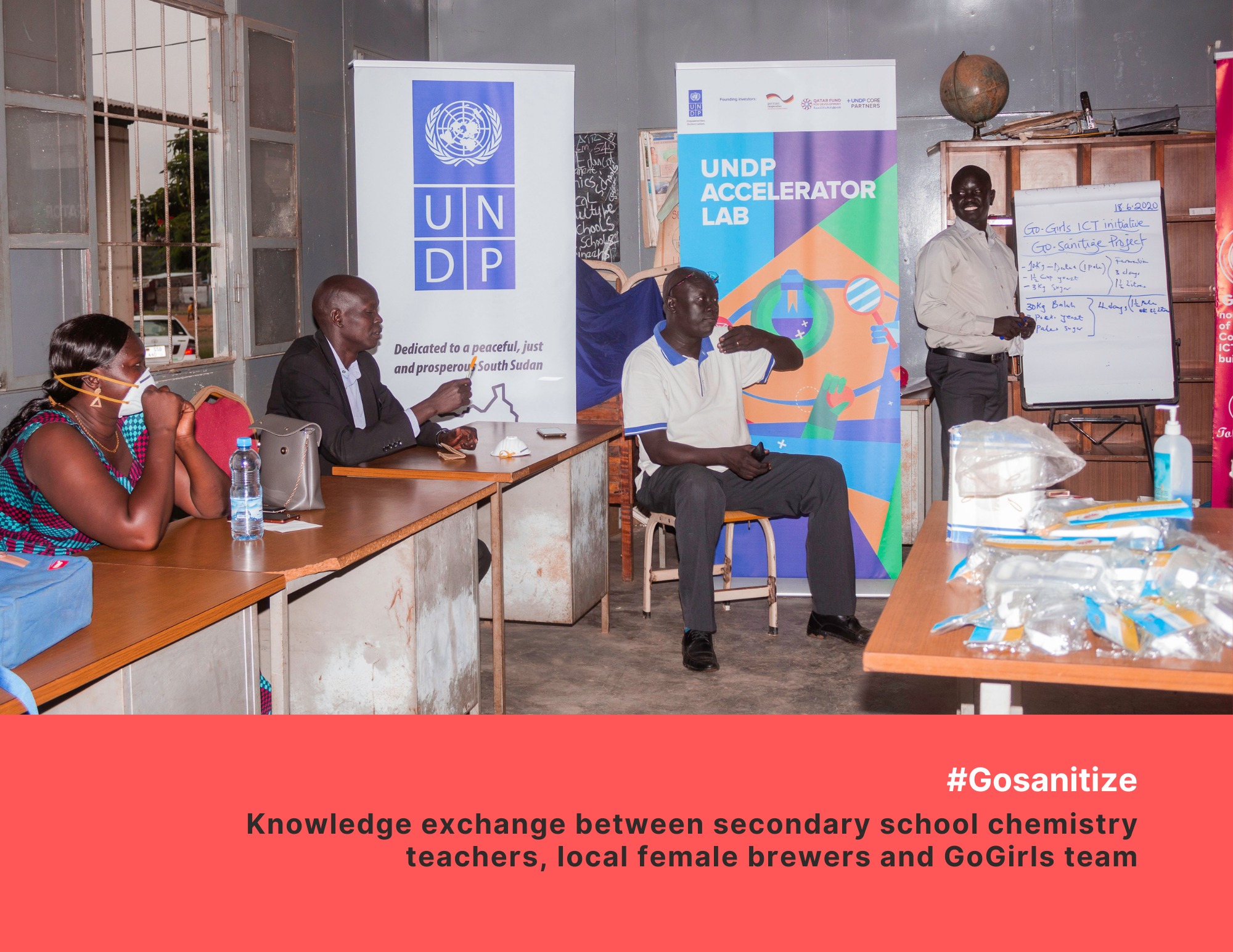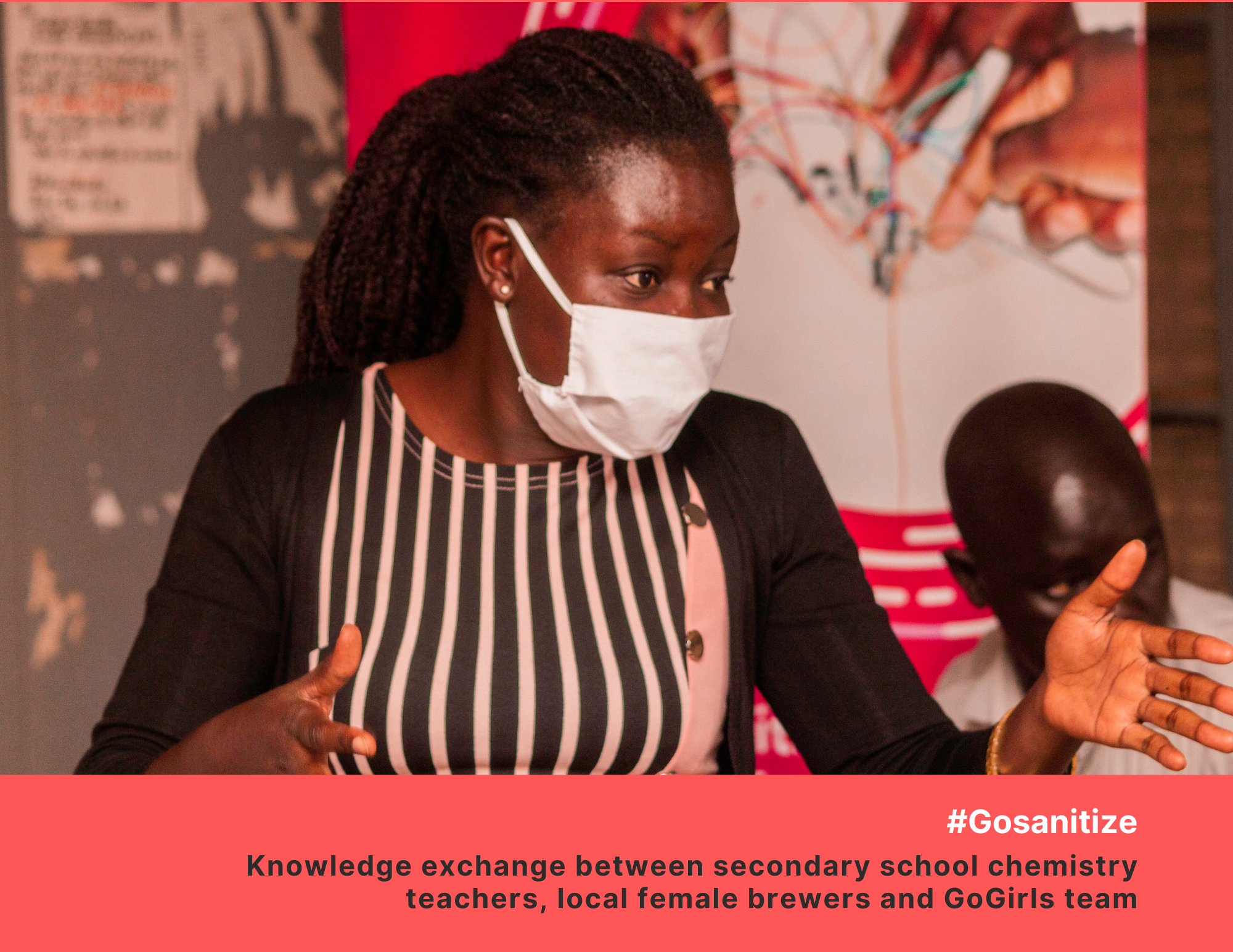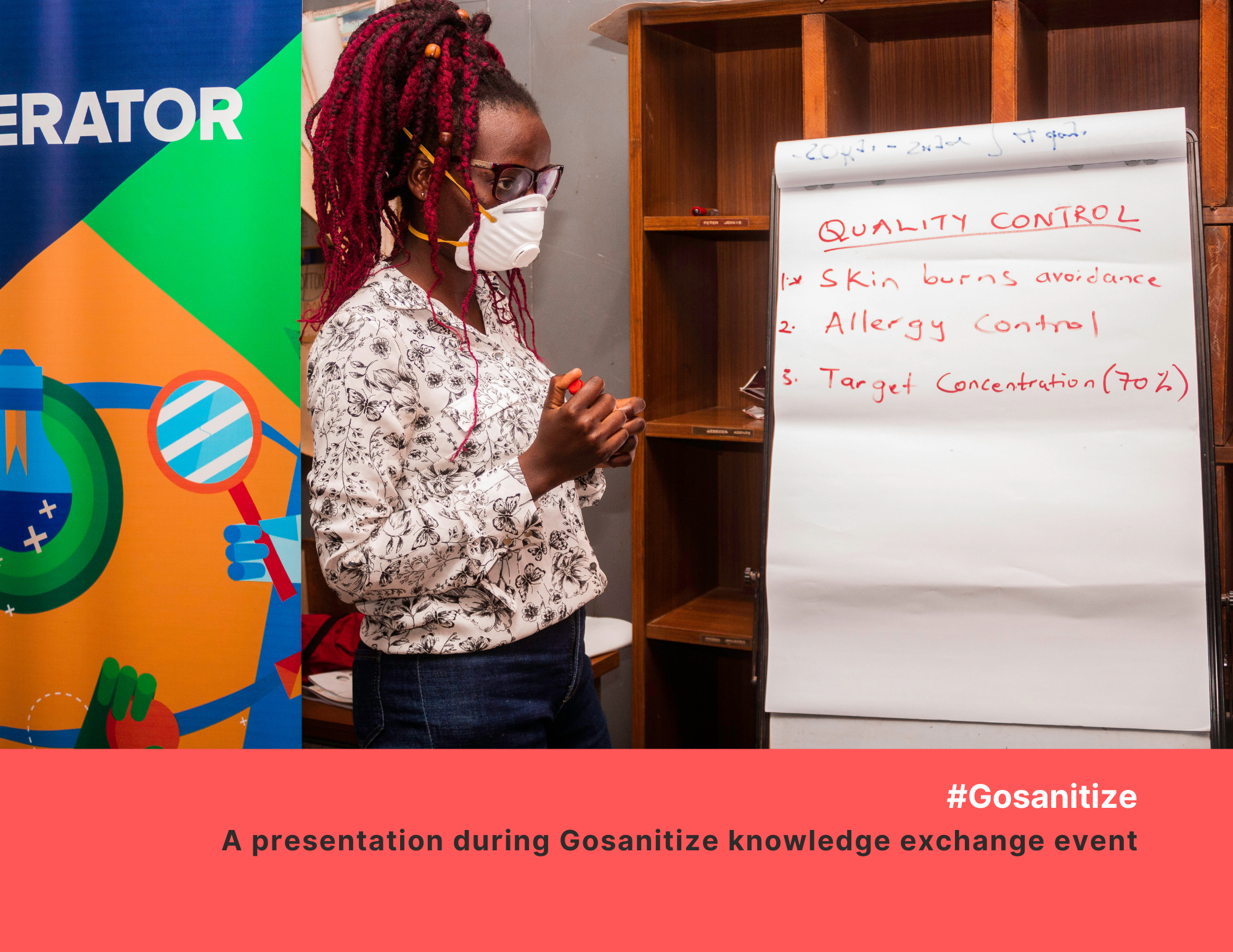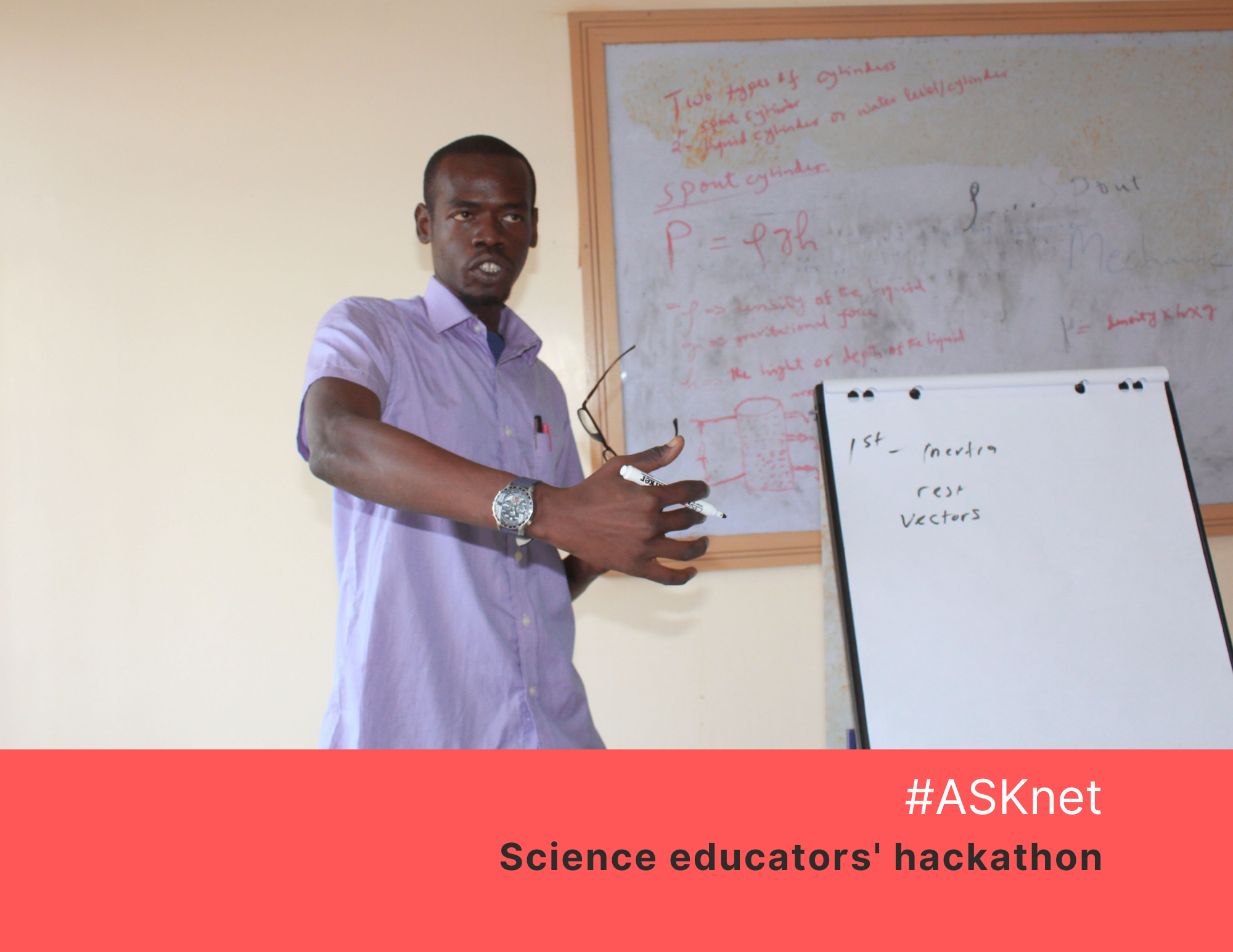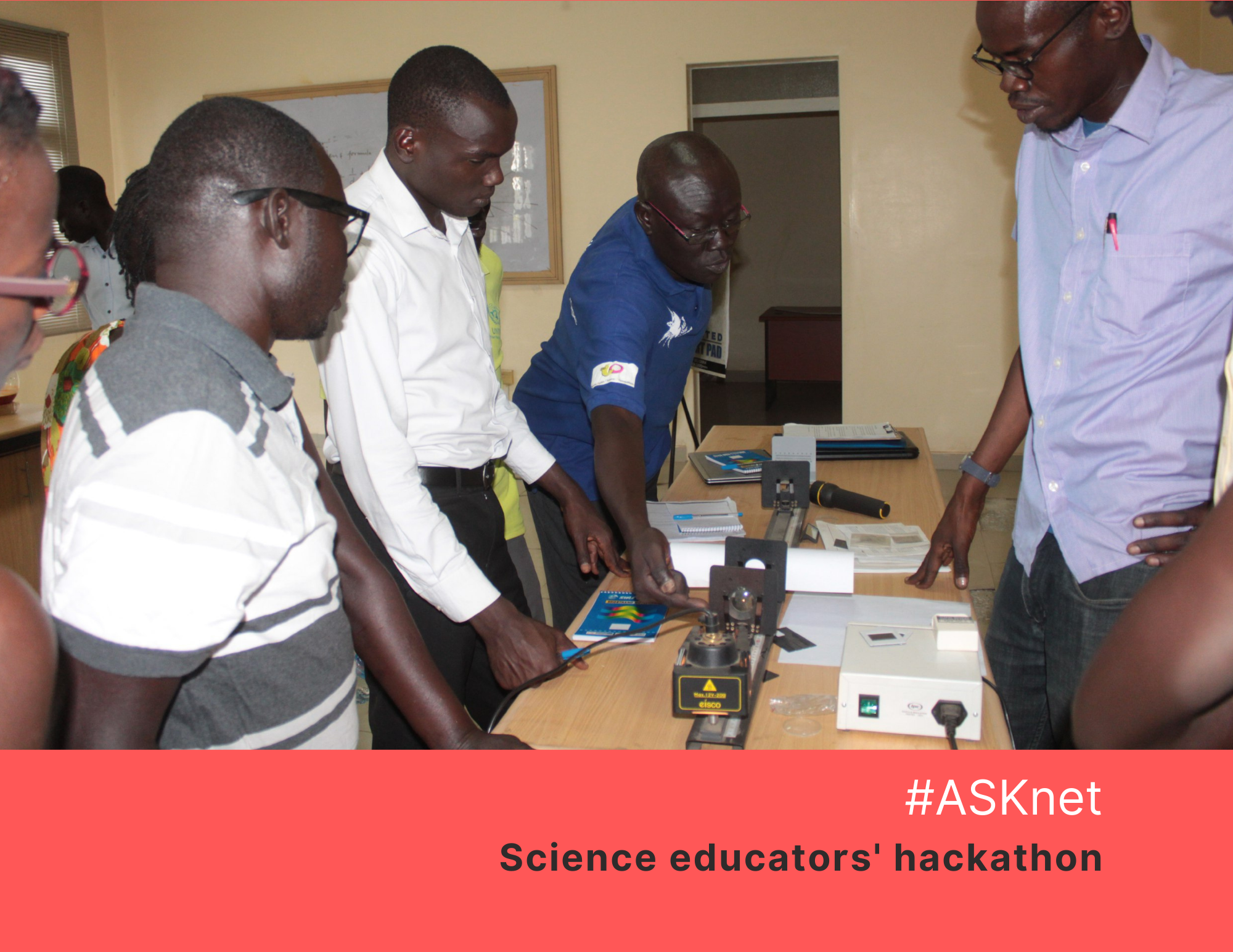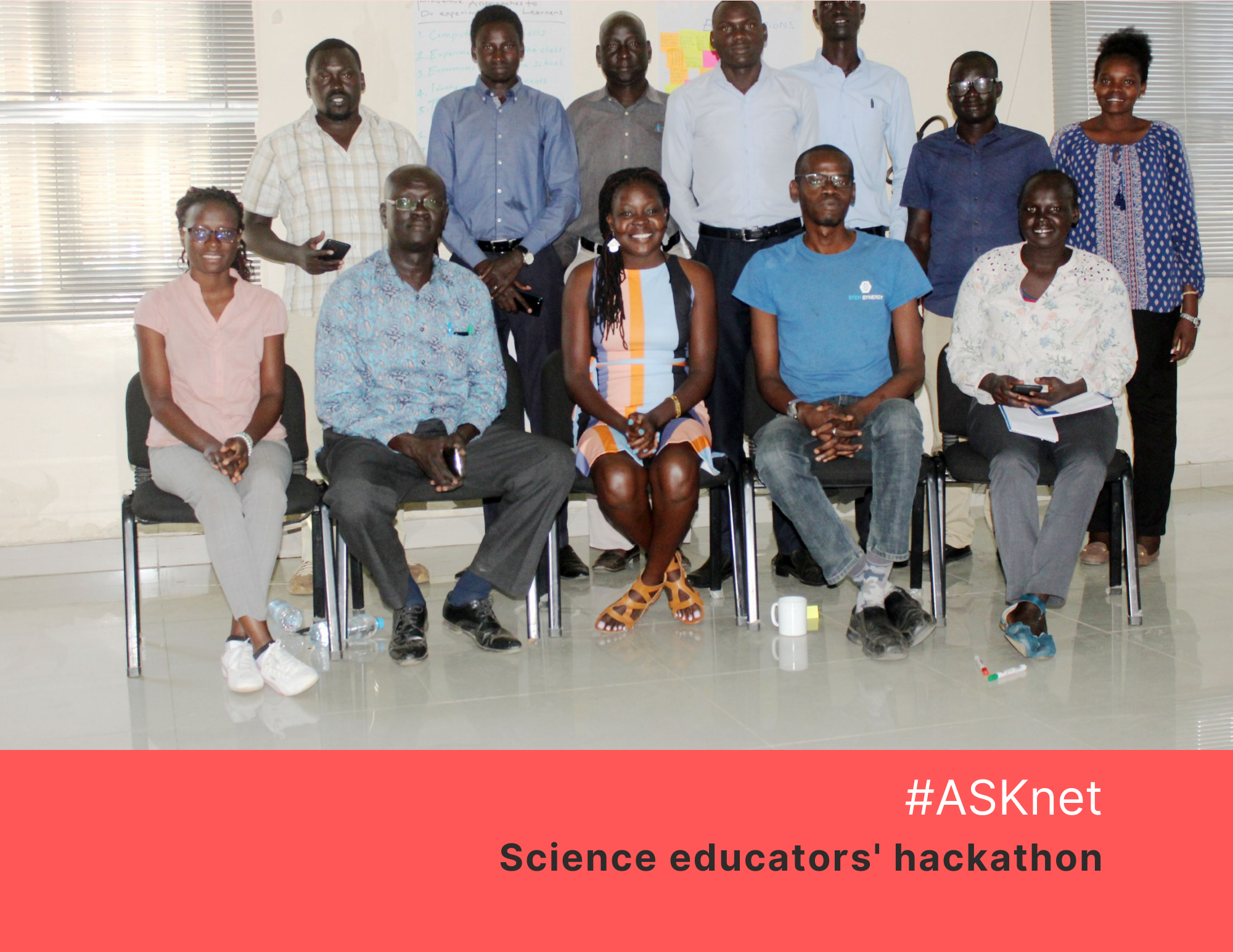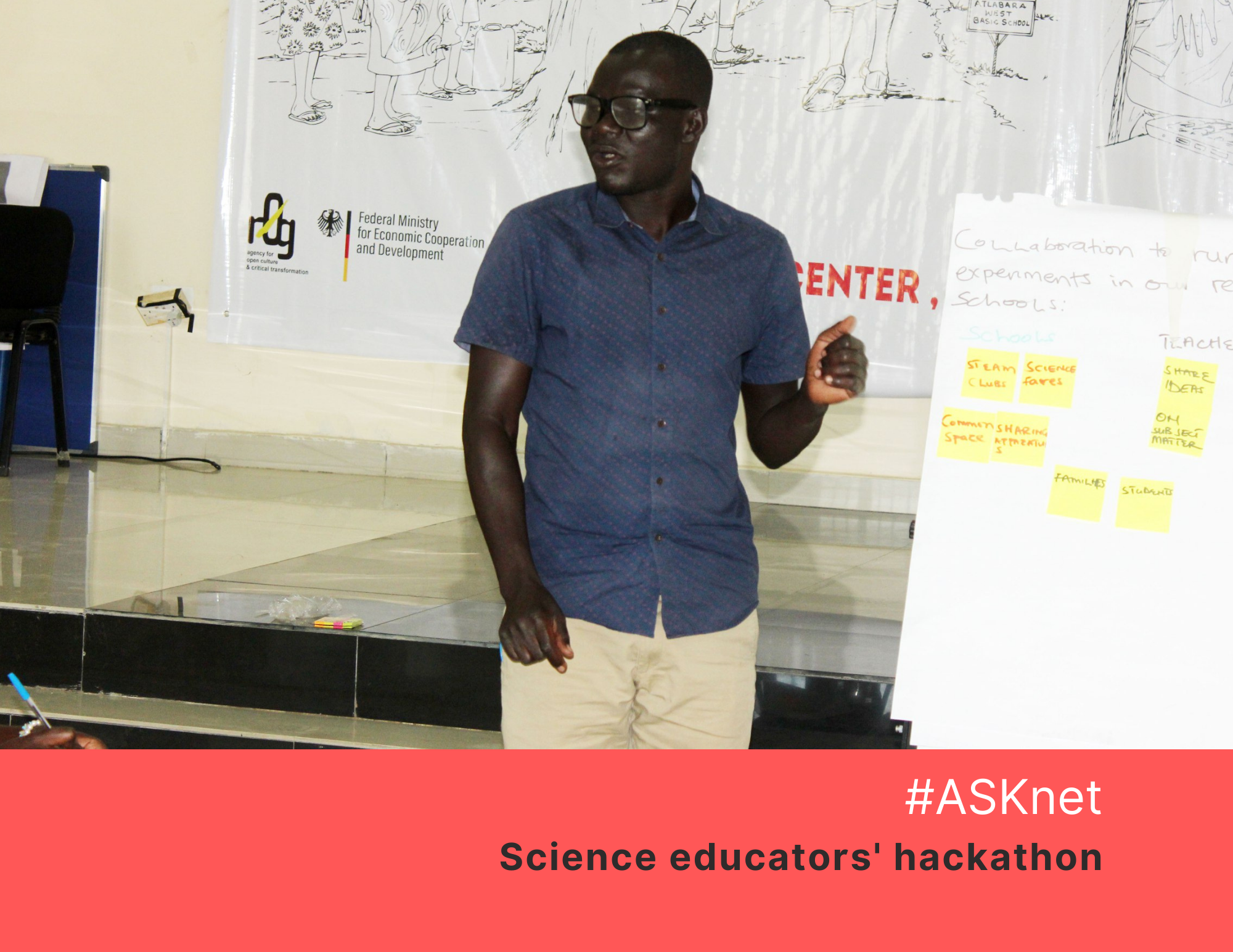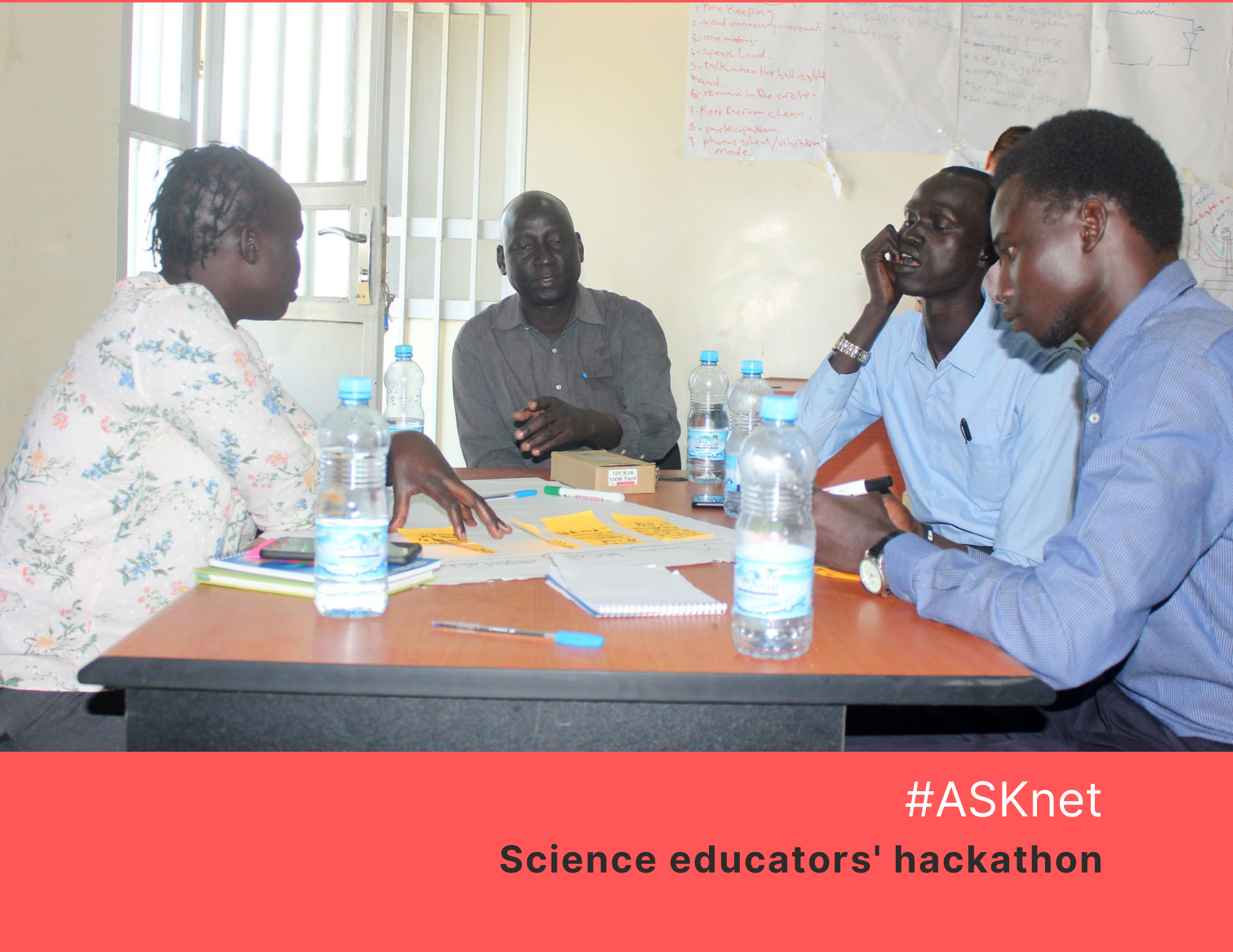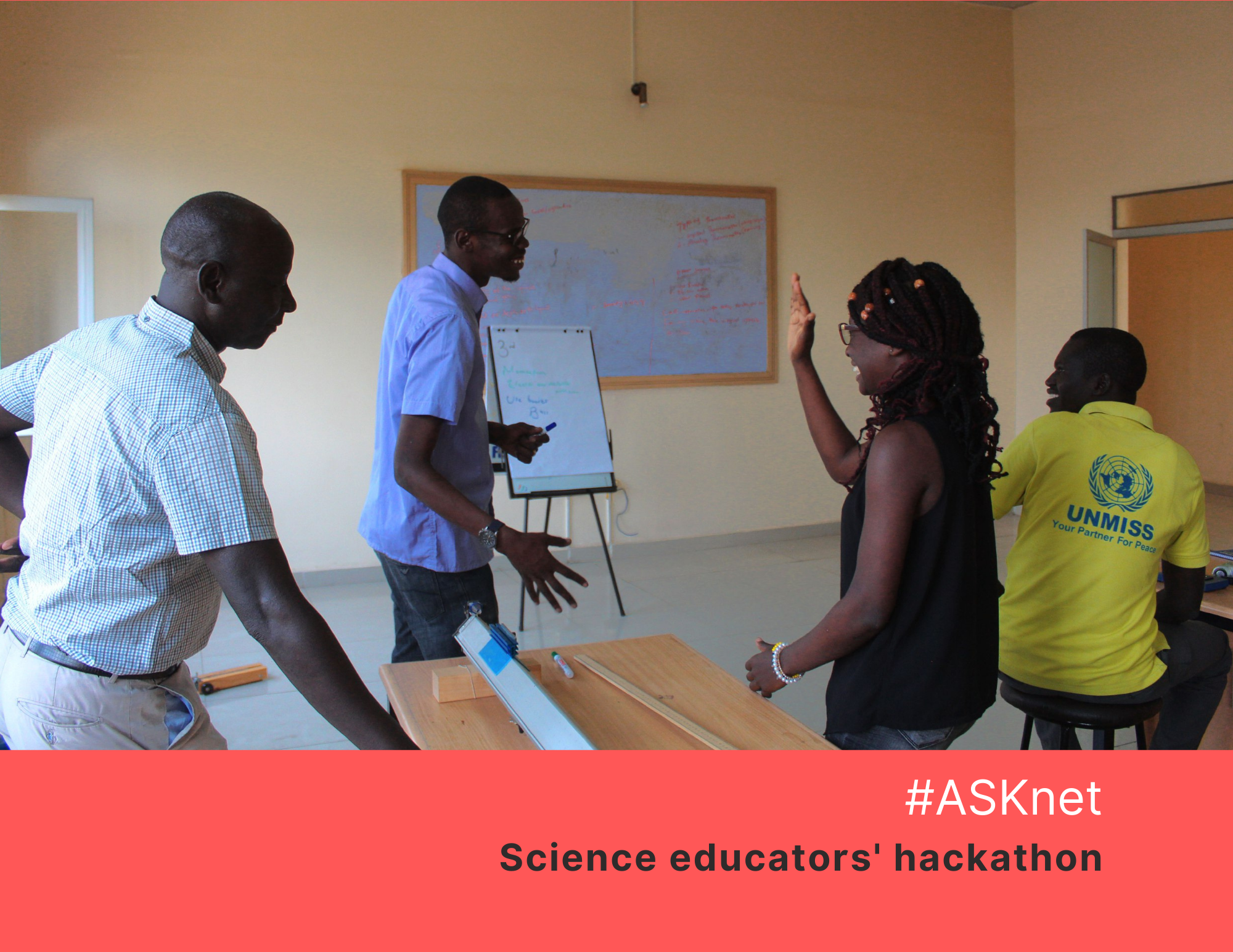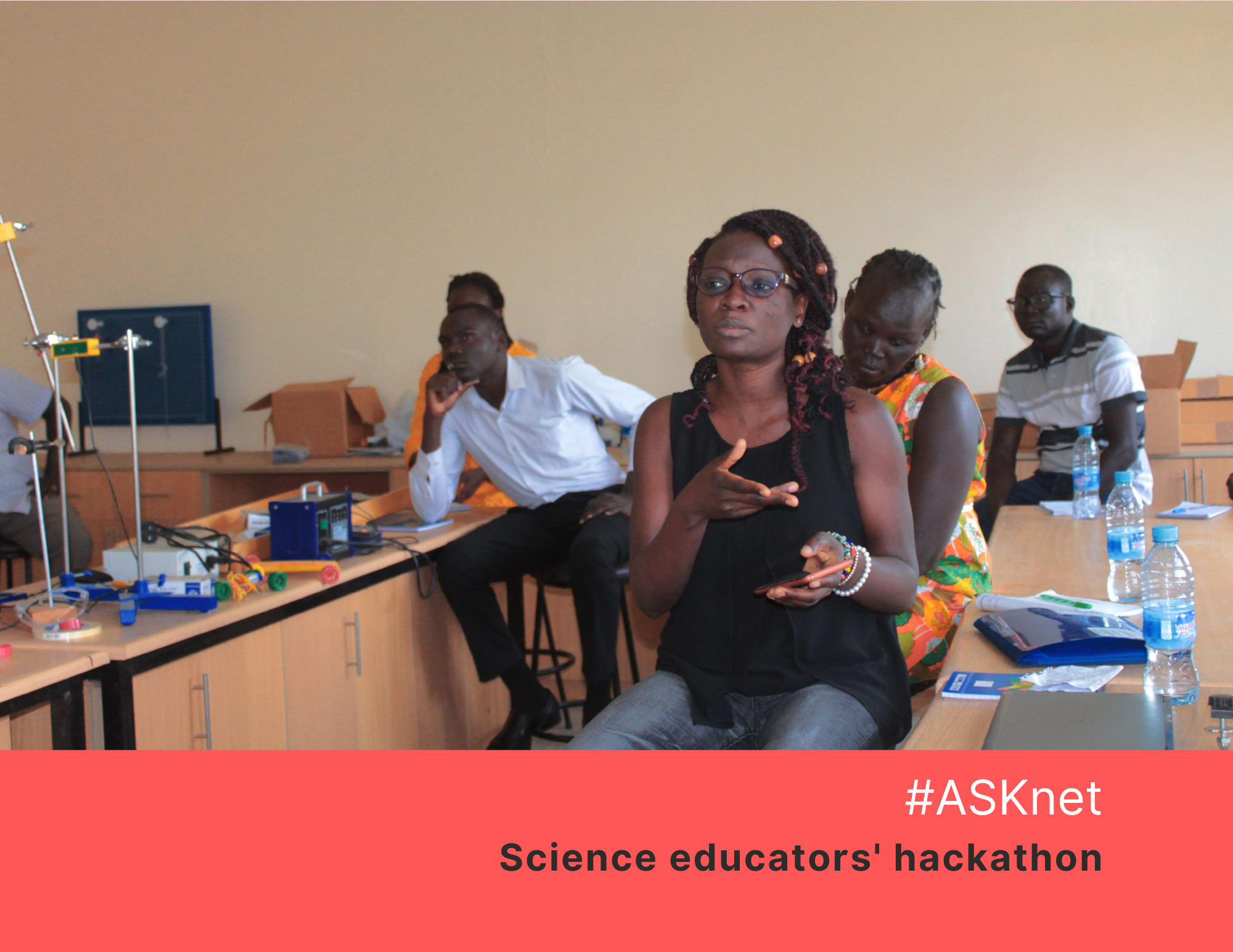#ClassroomOnPhone series (GoGirls learning podcast)
#ClassroomOnPhone is a pre-recorded learning program where learners are taught science subjects with the aim of enhancing the love and practice of science in primary and secondary school students.
When South Sudan went into a lock down in March 2020 due to the pandemic, we had a conservation with parents and teachers who were beneficiaries of our Time To Shine ICT #TTOSICT project on how they were and their children coping up with the closure of schools. And that’s when the GoGirls team embarked on a research on Virtual learning methods for Offline communities as part of its Access to Skills and Knowledge network #ASKnet Project.
During this time, we held workshops to introduce South Sudanese primary and secondary school Science, Technology, Engineering and Mathematics (STEM) teachers to virtual learning, including their definition, examples, content development for virtual learning, challenges of virtual learning among others. Teachers explored virtual learning platforms both online and offline and mockup projects to create content for virtual learning.
The team further interacted with 25 students who were beneficiaries of #TTOSICT project in their various communities to know the challenges faced by students during the pandemic so that to build a knowledge base to help us tailor our training activities to the current situation. The interaction with them revealed that girls didn’t have time to read due to several home chores, noisy environment during the day so they can’t concentrate, lack of electricity and for those whom their schools provided with reading materials found Science subjects to be the most boring and hard subjects to study alone.
These findings were shared with the teachers who were providing these students with handouts and holiday packages to study at home. The teachers too found out that most of the assignments these students answered were not done by them hence proving not effective. This led us to explore cheap affordable technologies by our communities such using Micro SD cards and feature (button) phones since they are very affordable and accessible by everyone.
Together with GoGirls teams, the teachers from four primary and secondary schools developed STEM learning material with an integration of Arts (STEAM) in the form of podcasts loaded on micro SDs for a selected group of learners.
The students were introduced to virtual learning platforms and how to access these platforms including access to this content in form of podcasts hence, #ClassroomOnPhone.
Here is the link to the podcasts
https://anchor.fm/classroomonphone/episodes/ClassroomOnPhone-Series-GoGirls-learning-Podcast-ergreh
